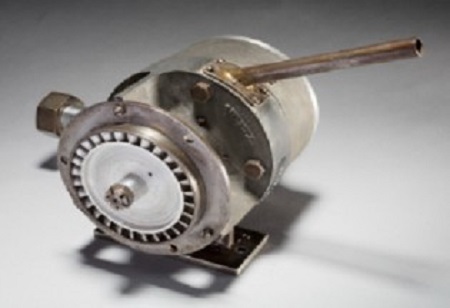
Astrophel Aerospace, a space technology business based in Pune, is creating a domestic cryogenic pump for its Astra C1 rocket engine. The cryo-pump will be transformed into a full-fledged turbopump for incorporation onto the Astra C1 rocket by the end of 2026 after it has been verified. One of the first private Indian space firms to create an internal cryo-pump was Astrophel.
In order to commercialize its exports, the business is also looking into international partnerships and establishing a memorandum of understanding with a US-based partner. The turbopump is a sustainable option for space engine reusability and economical launches since it takes power straight from the engine, doing away with the need for external batteries.
Also Read: Haryana Launches Policy to Boost Defence Manufacturing
According to Suyash Bafna, Co-Founder of Astrophel Aerospace, “ISRO’s certification will validate not just our pump but India’s ability to innovate world-class space hardware with global export opportunities.”
The business powers its first- and second-stage rocket engines using cryogenic fuel delivered by a cryo-pump system that rotates at 25,000 RPM. The one-liter bottle-sized cryo-pump can produce 100 to 150 horsepower, which is the same amount of power as a family automobile. For larger launch vehicles, it will be ramped up to provide 500–600 horsepower (turbopump).
Using lean manufacturing techniques from the automotive industry, the business takes a different strategy than other startups seeking 3D-printed electric pumps in order to achieve cost effectiveness, quick assembly, and scalable production. The cryo-pump is essential to India's goal of gaining 8% of the world market and expanding its space economy from US$ 8.4 billion in 2022 to US$ 44 billion by 2033.
We use cookies to ensure you get the best experience on our website. Read more...